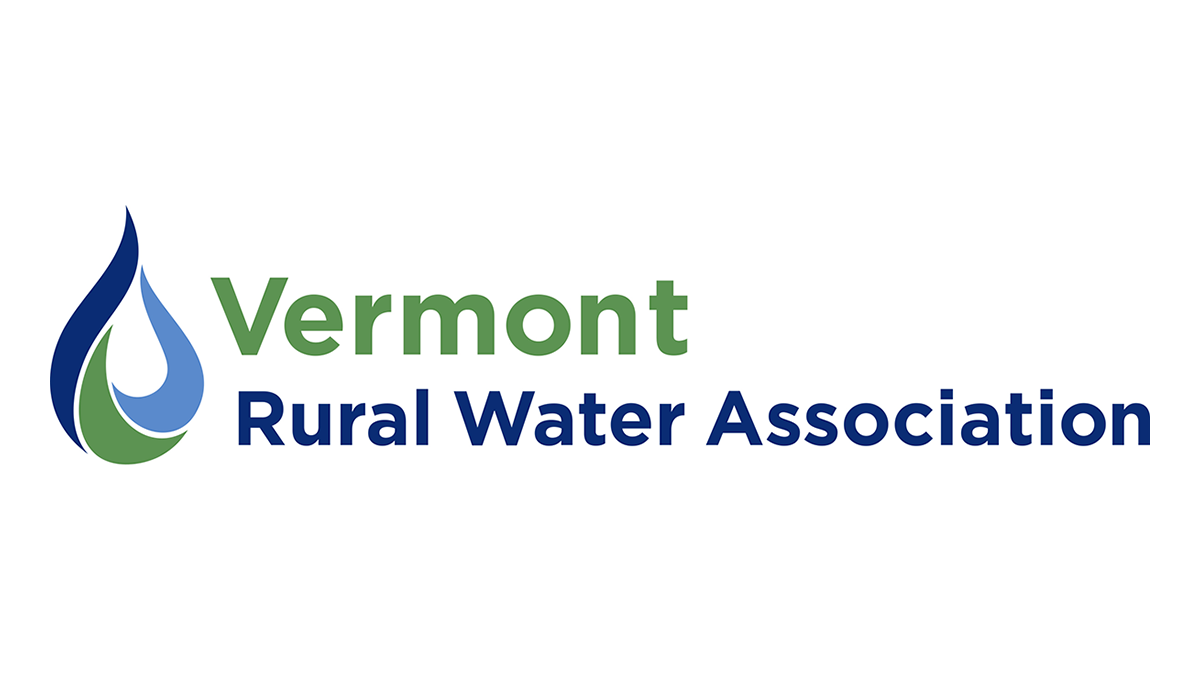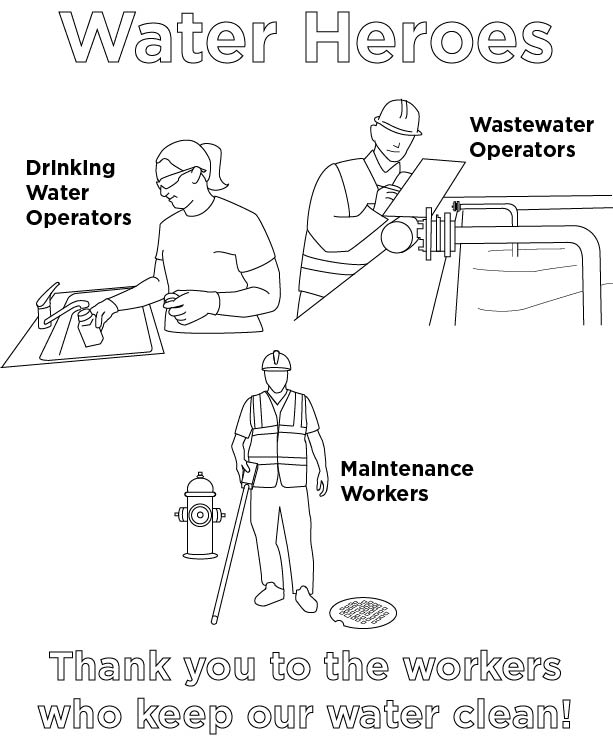Water Education
Learn about where your drinking water comes from, where wastewater goes, and what you can do to protect Vermont’s water resources.
Water Education
Learn about where your drinking water comes from, where wastewater goes, and what you can do to protect Vermont’s water resources.
Videos
Watch water resource professionals
in action
Teachers
A free toolkit with four
lessons and activities

Drinking Water Week
Field trip and poster contest
for students in grades 4-6
Vermont’s Water Resources
Drinking Water & Wastewater
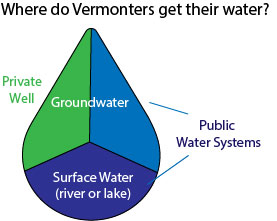
Drinking water facilities take water from a lake, river, or well and make sure it is safe for people to use and drink.
About a third of Vermonters get their water from a private well. The other two-thirds get their water from one of Vermont’s 413 community water systems.
Wastewater treatment plants collect collect used water and solids from homes, businesses, and industry. The water undergoes a series of treatments to remove physical, chemical, and biological contaminants. The treated water is then returned to lakes, rivers, and groundwater.
In Vermont, 92 municipal wastewater treatment facilities process more than 15 billion gallons of wastewater per year.
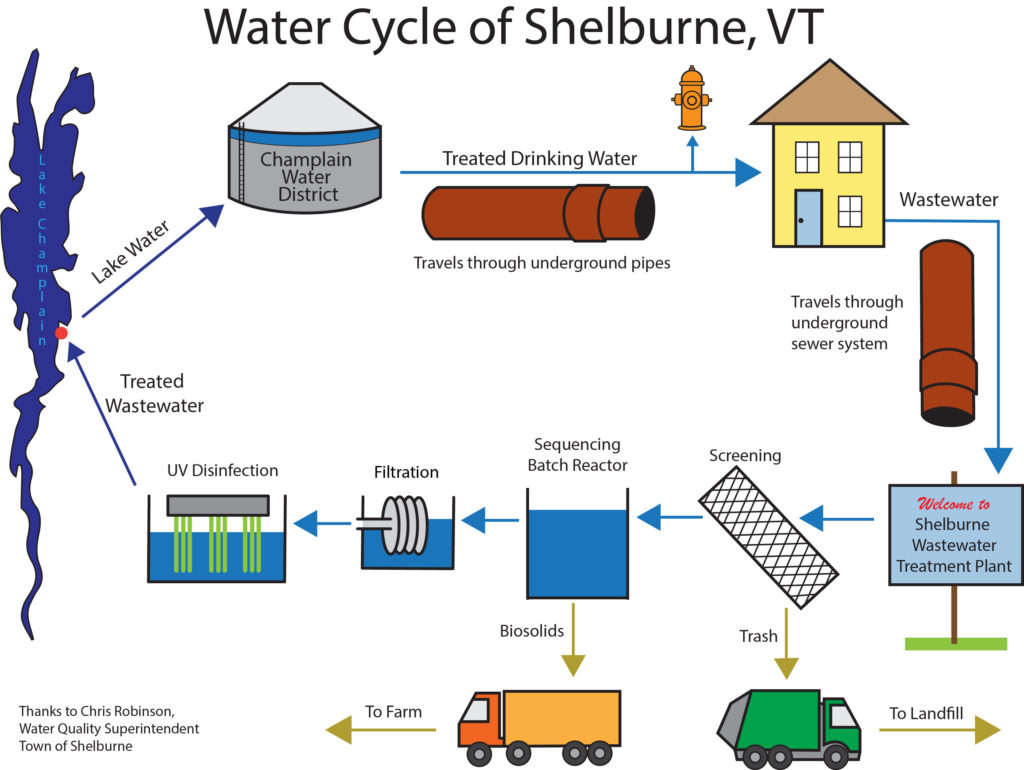
Wastewater treatment plants collect collect used water and solids from homes, businesses, and industry. The water undergoes a series of treatments to remove physical, chemical, and biological contaminants. The treated water is then returned to lakes, rivers, and groundwater.
In Vermont, 92 municipal wastewater treatment facilities process more than 15 billion gallons of wastewater per year.
Help protect Vermont’s water resources
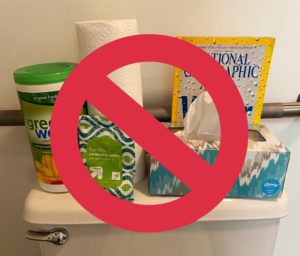
Drinking water operators and wastewater operators are working hard to provide you with clean water. Help them out by following these practices at home.
Don’t flush anything besides the 3 Ps: pee, poop, and toilet paper.
Even wipes labeled “flushable” will cause clogs.
Don’t flush or pour chemicals down the drain.
Bleach, cleaning products, and medications should be taken to your municipal hazardous waste collection.
Don’t pour cooking grease or oils down the drain.
Fats cause clogs. Before washing the dishes, wipe off oil and grease with a paper towel and throw it in the trash.
Is your house on a septic system?
Follow these tips to protect your water—and save money!
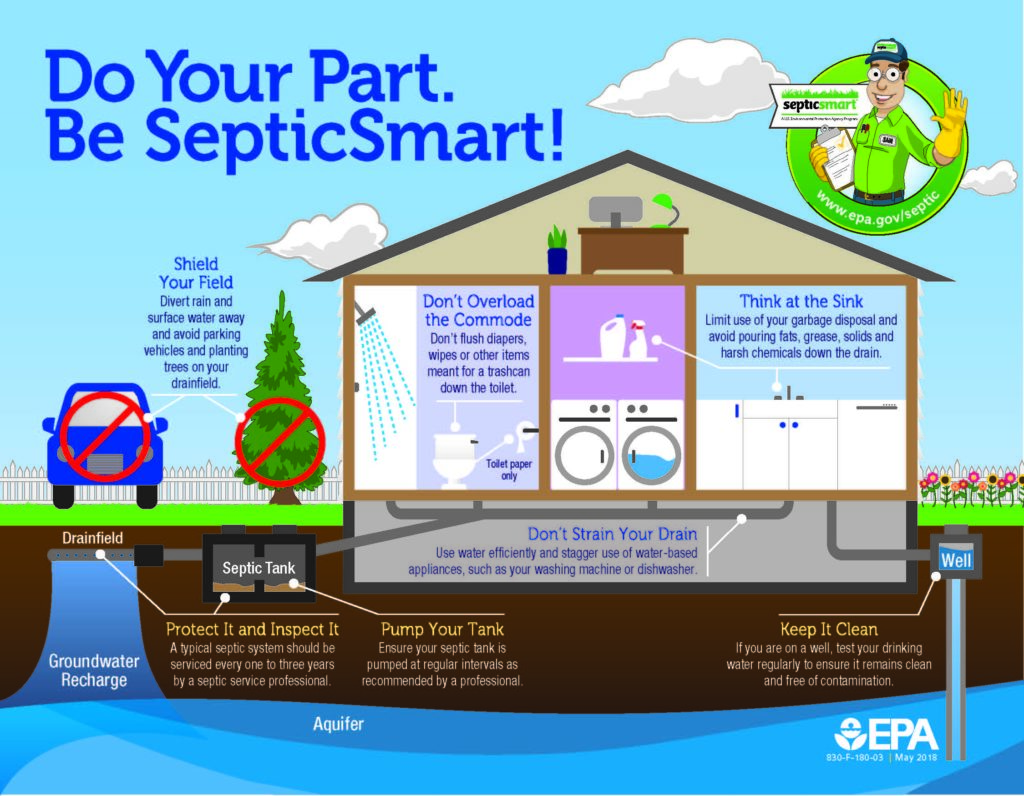
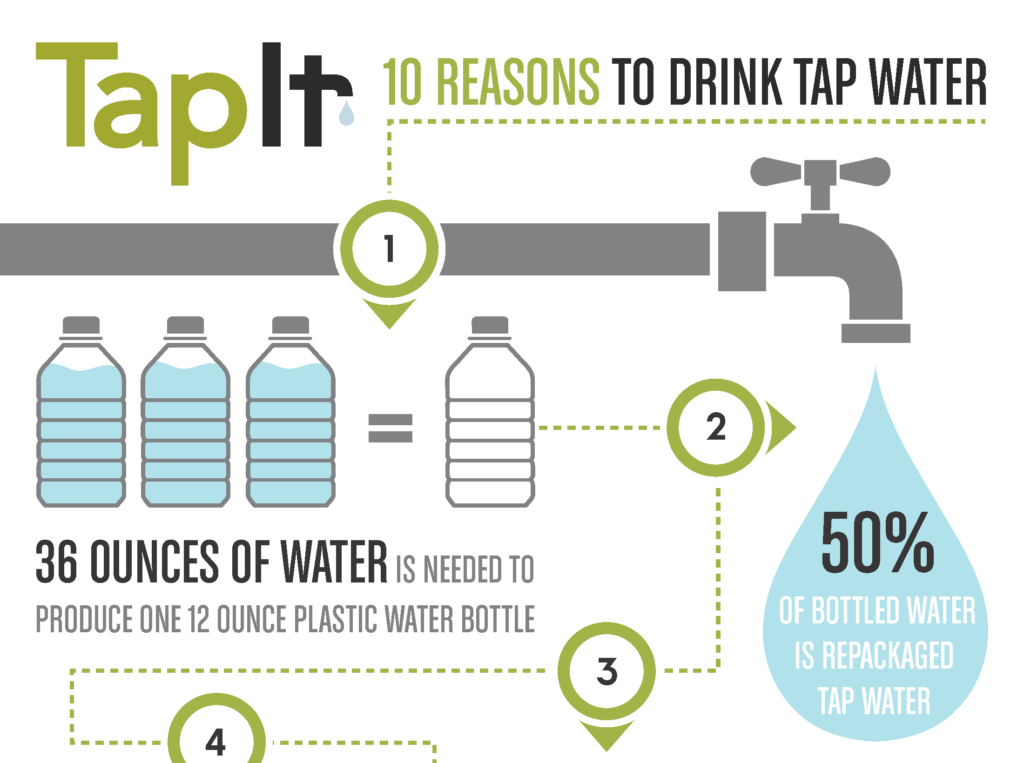
View full infographic
Credit: Eric Harvey
Tap water is cheaper than bottled water and uses less resources. And bottled water is often exactly the same as tap water!
If you live in Montpelier, it would cost you $1,800 to purchase enough bottles of Dasani for one person to drink 8 glasses per day for a year. The same amount of tap water from the City of Montpelier would cost $1.55 for a year.
Activities
eBook
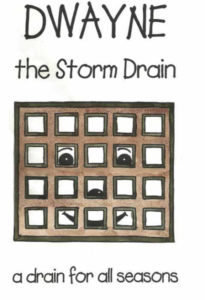
then go outside on a stormdrain scavenger hunt!
Thanks to New England Water Environment Association
Videos
Video Tours
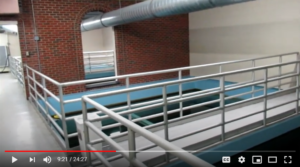
Champlain Water District Tour
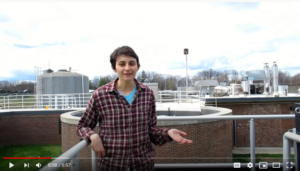
Wastewater Tour
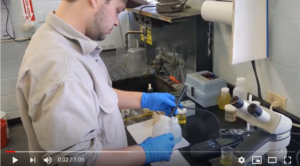
Water Testing in Richmond
Richmond Water Resources demonstrates how to test the pH of drinking water
Demonstrations
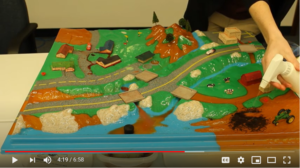
Preventing Water Pollution
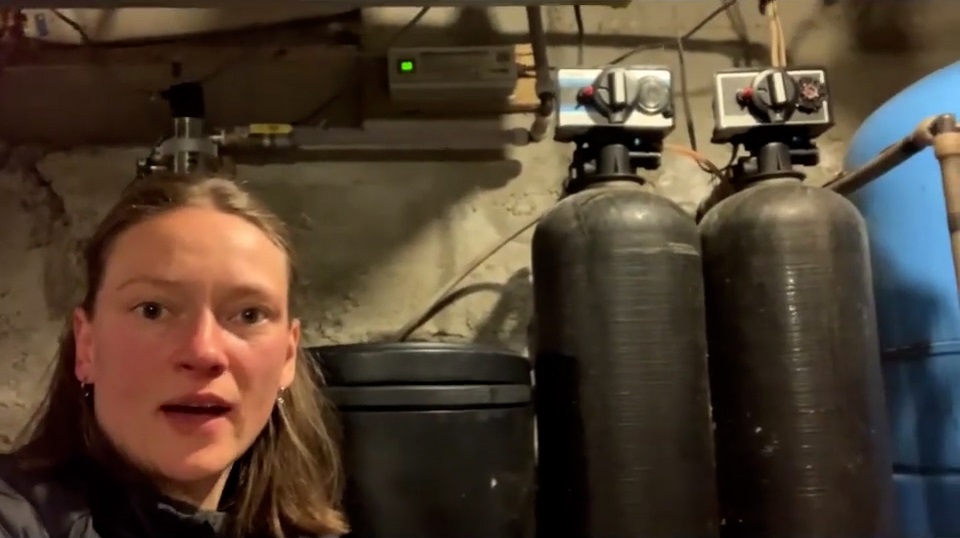
How a Well Works
Learn how private wells deliver water houses
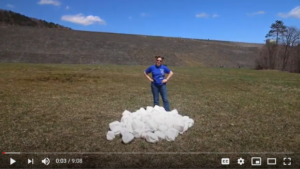
How much water do you use each day?
Watch the Milk Jug Challenge!
Zoom-a-Water-Scientist Recordings
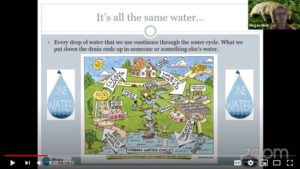
Burlington's Water Resources
Burlington Public Works
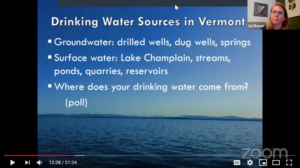
Drinking Water 101
Vermont Rural Water Association
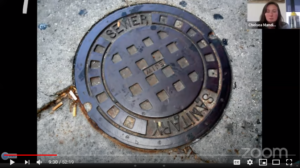
Stormwater & Wastewater
Village of Essex Junction
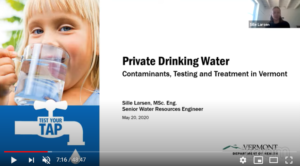
Private Drinking Water
Vermont Department of Health
Careers in Water
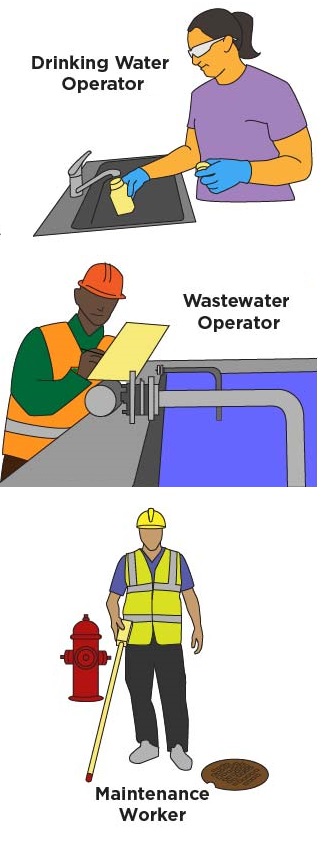
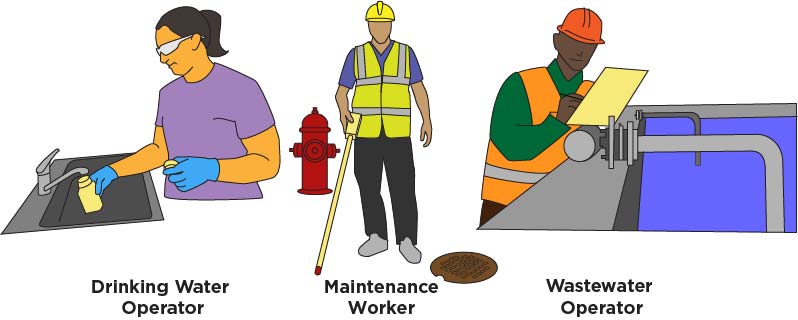
Water utilities are responsible for protecting the health and safety of Vermont’s communities and environment. Operators of drinking water facilities provide safe drinking water to the public. Operators of wastewater treatment plants ensure that clean, treated water is released back into the state’s rivers, lakes, and groundwater.
Like many industries in Vermont, water utilities are facing a worker shortage. Many operations specialists at drinking water and wastewater treatment plants across the state are approaching retirement age, so there will be many jobs available in the next few years.
Water resources is a good field for you if you like to work with your hands, if you like science, if you want to contribute to your community, and if you don’t mind getting dirty.
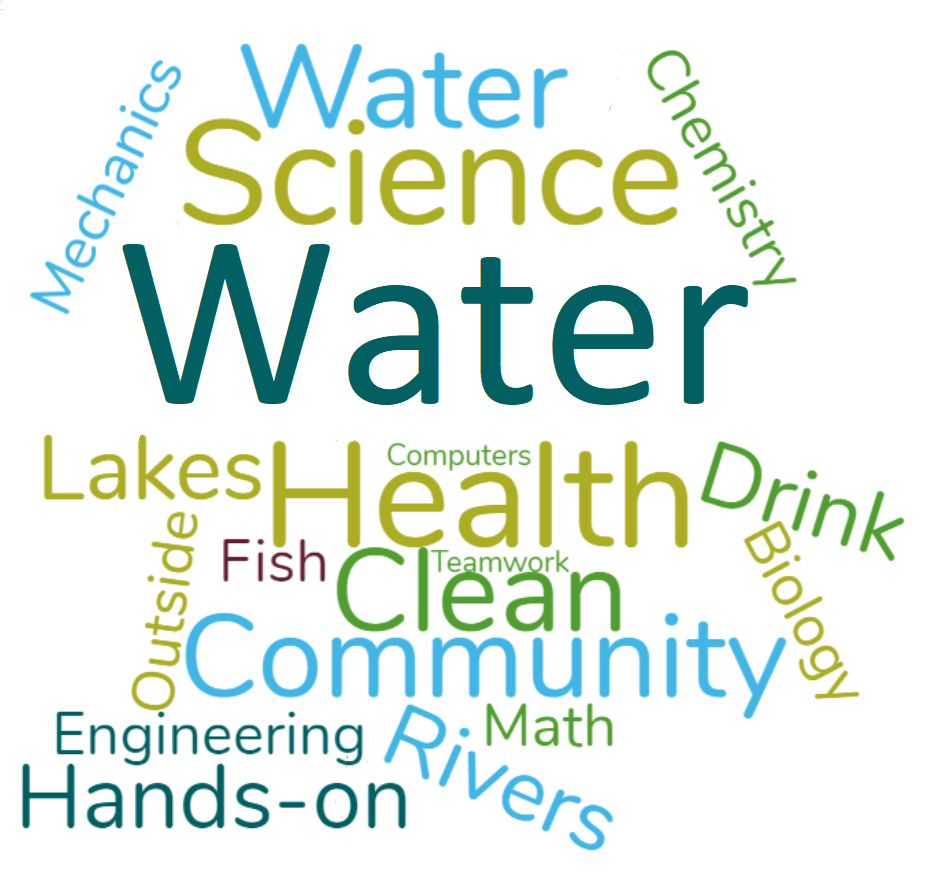
See what people are saying about their jobs in water resources
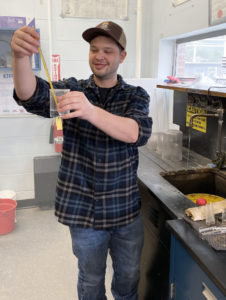
Tyler Booska
Read Article »
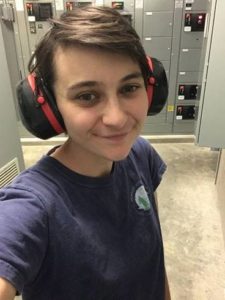
Amelia McClure
Apprentice
Read Interview »

